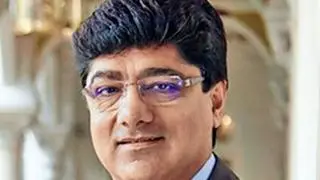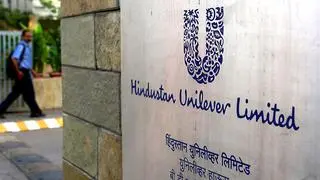Facing flak over “untraced” faulty ASR hip implants and patients who may have required a revision surgery because of the flawed product, Johnson and Johnson’s Medical Devices chief in India, Sushobhan Dasgupta, clarified that all implants had been accounted for and more than 50 per cent of the patients had been contacted.
Dasgupta said J&J’s decision to stop selling in Australia in 2009 was a commercial decision due to declining sales and not a voluntary recall. This contradicts the observation of an expert committee that investigated the issue. The Health Ministry-appointed committee had said that the Australian regulatory authority, TGA, had instructed J&J to recall the product after its registry. This showed that many patients had to undergo revision surgeries to undo the damage of the initial surgery.
J&J’s DePuy Orthopaedics is in the dock over its faulty ASR hip systems that were voluntarily recalled globally in 2010. The company has faced criticism in the UK and other regions for its delayed withdrawal of a faulty product. In the US, the company settled a patient litigation for $2.5 billion and in Australia, the regulator referred to high revision surgery rates in 2007, eventually leading to a recall in 2009.
Responding to the many prevailing concerns on the faulty product, Dasgupta told BusinessLine , “All parts are traced. That is for sure. Because whatever we sold is in the patients’ body or it has come back to us and been destroyed.”
The expert committee referred to 15,829 implants that were imported and 1,295 that were returned to the company. Dasgupta said there were three components in one type of the ASR implant, and two in the resurfacing implant. There were 3,600 surgeries that used three components and another 1,100 surgeries using two components. There were 4,700 patients who underwent the surgery and 277 people who took a revision surgery. “We were able to reach out to close to 2,300 patients,” he said, adding that 1,080 people had registered on the ASR helpline.
He denied that the company treated Indian patients differently from those in other countries in terms of recall datelines and reimbursement programmes. “Australia did not recall the product. The company sent a letter on December 19, 2009, to all surgeons and the TGA stating commerical reasons, declining sales...So in India, when we asked for a registration, it was because there was no voluntary recall (before that),” he reiterated.
On tracing patients who underwent surgery with these faulty systems, he said that about 1,100 have been contacted; there were others who are doing well and are in touch with their doctors and have not registered.
Responding to their reservations to an RTI request to get import details, he said it was because it could give out proprietary or patented information. The number of implants was not the concern, he said. He also claimed to be “unaware” of the company’s response in a patient litigation where the company is said to have responded that the patient was in it for a “windfall” gain.








Comments
Comments have to be in English, and in full sentences. They cannot be abusive or personal. Please abide by our community guidelines for posting your comments.
We have migrated to a new commenting platform. If you are already a registered user of TheHindu Businessline and logged in, you may continue to engage with our articles. If you do not have an account please register and login to post comments. Users can access their older comments by logging into their accounts on Vuukle.